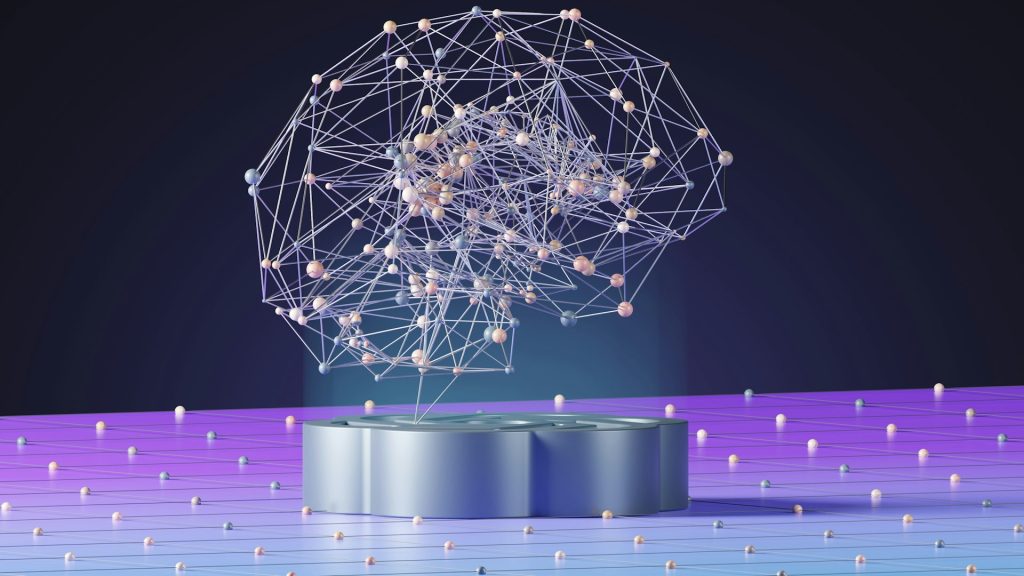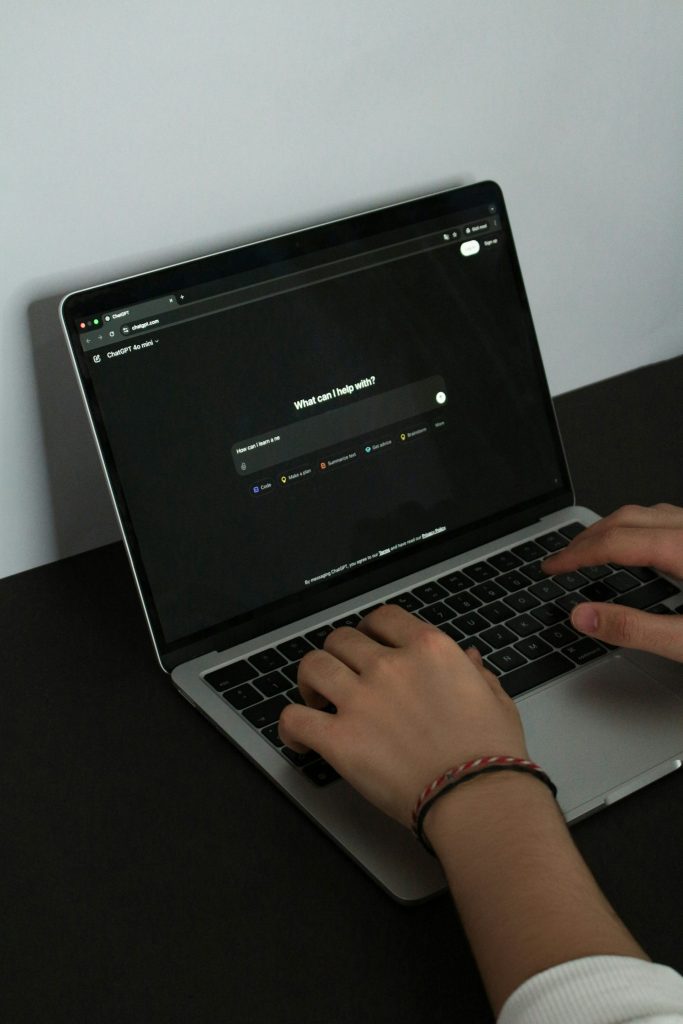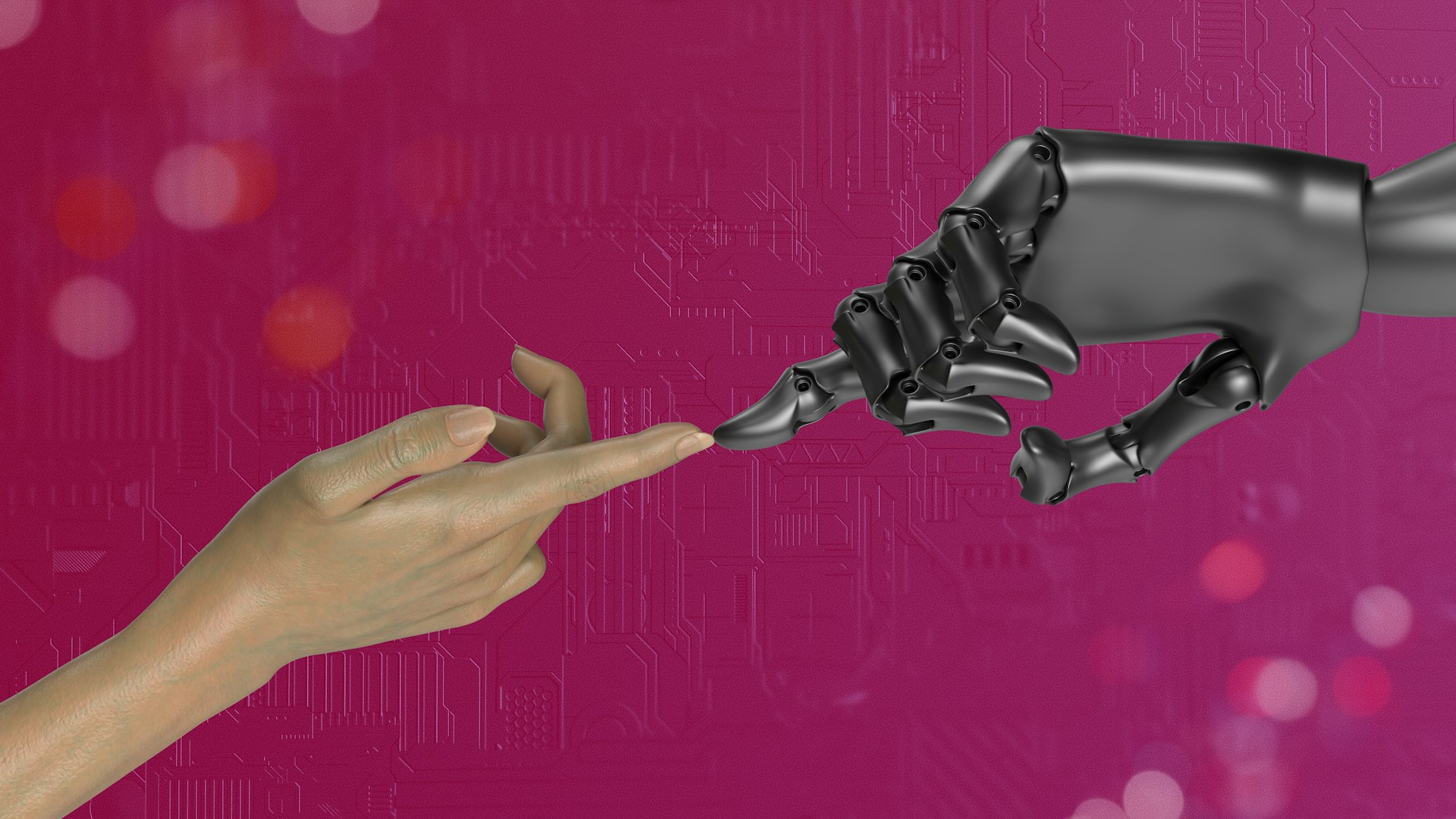PHOTO COURTESY : UNSPLASH
Storytelling has always evolved with technology, from the printing press to digital cinema. Now, artificial intelligence is taking its place as a tool that enhances, rather than replaces, human creativity. In scriptwriting, AI isn’t here to compete but to collaborate, offering new possibilities while keeping the writer at the center of the creative process.
FROM ASSISTANT TO CO-WRITER
AI-powered tools are reshaping how scripts come to life. They can dissect narrative structures, toss out dialogue ideas, or nudge you past a stubborn case of writer’s block. Far from replacing that gut instinct only humans have, they act like a tireless brainstorming buddy, refining rough concepts and boosting efficiency.
Take predictive storytelling, for example. By sifting through past scripts, AI can spotlight what works: pacing that grip, character arcs that resonate, or beats that hook an audience. It’s like having a script advisor whispering insights, helping you polish your story without dictating its soul.

PHOTO COURTESY: UNSPLASH
PERSONALIZATION & EFFICIENCY
With AI, writers can experiment with multiple versions of a script effortlessly. Need a scene rewritten in a different tone? AI can generate variations in seconds, allowing writers to explore different creative directions without starting from scratch. Whether it’s shifting a scene from lighthearted comedy to deep drama or refining dialogue to suit a character’s evolving personality, AI serves as a dynamic collaborator.
Beyond creative input, AI also streamlines the tedious yet essential aspects of scriptwriting. Formatting, spell checking, and organizing character dialogues tasks that once consumed hours can now be automated in minutes. AI powered tools ensure consistency in screenplay structure, from properly aligned scene headings to accurate page counts.
Moreover, AI can analyze past screenplays and provide insights into pacing, plot progression, and character arcs. By identifying trends and potential pitfalls, it helps writers refine their work while maintaining originality. This fusion of human creativity and AI efficiency frees up more time for storytelling, allowing writers to focus on crafting compelling narratives rather than getting bogged down by technicalities.

PHOTO CREDIT : UNSPLASH
THE HUMAN SPARK ENDURES
Here’s the thing: AI can craft clever dialogue and plot twists, but it can’t feel heartbreak or triumph. It doesn’t know the sting of betrayal or the spark of hope of a breakup scene in a dimly lit cafe. Emotion, depth, and human experience, those remain ours to tell. Those human feelings are too messy for algorithms to grasp.
Storytelling isn’t just structure or words on a page, it’s the beautiful pulse of human experience, the raw emotions of living, loving, and losing. Writers aren’t going anywhere. They are the heartbeat of every great script, breathing life into words and turning them into crafting the emotional truth that keeps audiences hooked. AI might polish the edges or speed up the process, but it’s the human hand that crafts the core—the emotional truth that keeps audiences leaning forward in their seats. Technology can assist, but the storyteller’s intuition, their ability to feel and reflect on the world, remains irreplaceable.
A NEW ERA OF STORYTELLING
The future of scriptwriting is not about AI taking over, it’s about writers using AI to push creative boundaries. Just as editing software revolutionized filmmaking, AI is set to refine and enhance storytelling, making the process more efficient and expansive than ever.
Writers who see AI as a creative ally will lead the way in this new era, where technology enhances imagination rather than replaces it. The future of storytelling isn’t AI versus humans, it’s about writers who know how to harness AI to elevate their craft. The next great script won’t be written by AI alone, but by those who blend human intuition with the power of technology.
What Do You Think?
“Would you swipe right on AI for your next writing partner? Comment below!”
